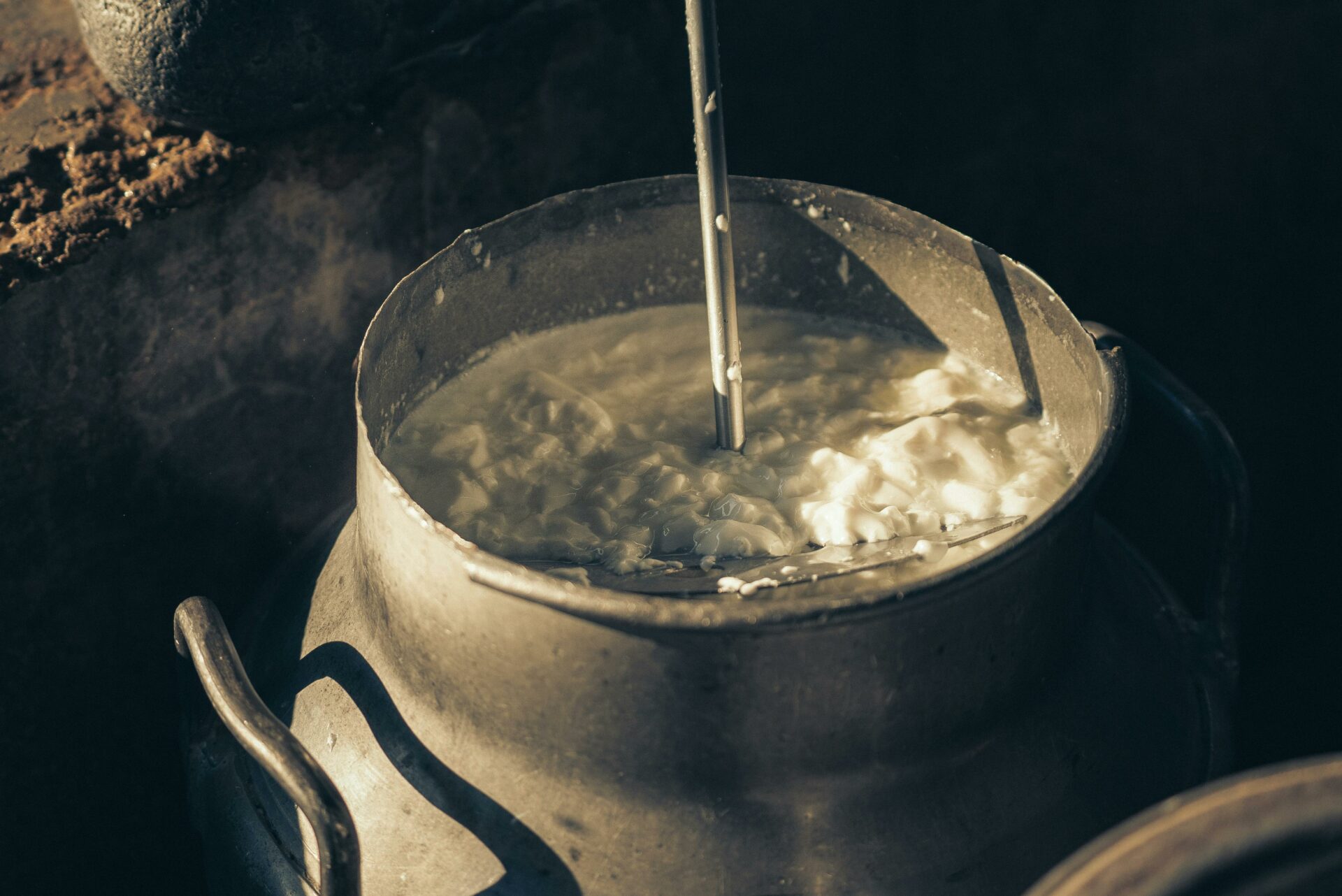We often think of aging in terms of joints, skin, or memory—but did you know that your gut health plays a huge role in how you feel, function, and age? A well-balanced gut microbiome—the community of trillions of bacteria living in your digestive tract—can impact everything from digestion and immunity to mood, metabolism, and even brain health.
As we get older, the diversity of these beneficial microbes tends to decline, often leading to digestive issues, lower immune response, and increased inflammation. But the good news is: you can nourish your microbiome naturally, just by adding the right foods to your plate.
Let’s explore the power of gut-friendly fermented foods like yoghurt, kefir, kimchi, kombucha, and sauerkraut—and how they can help you age with strength, balance, and vitality.
🧫 What Is the Microbiome and Why Does It Matter?
Your gut microbiome is home to trillions of bacteria, fungi, and other microorganisms that work behind the scenes to:
- Break down food and absorb nutrients
- Produce vitamins like B12 and K
- Regulate the immune system
- Influence mood through the gut-brain axis
- Reduce inflammation
- Protect against harmful bacteria
As we age, the microbiome becomes more fragile, often due to medications (like antibiotics), poor diet, inactivity, and stress. Supporting it with the right foods can restore balance, reduce age-related health risks, and improve overall quality of life.
🥣 Top Microbiome-Supporting Foods for Older Adults
Here are some of the most powerful—and delicious—fermented foods you can start enjoying today:
🥛 1. Yogurt
One of the most accessible probiotic foods, yogurt contains live cultures like Lactobacillus and Bifidobacterium, which promote a healthy gut.
✅ Aids digestion
✅ Supports calcium absorption and bone health
✅ May help regulate blood sugar and cholesterol levels
💡 Choose plain, unsweetened yogurt with “live and active cultures” listed on the label. Greek yogurt is a great high-protein option.
🥤 2. Kefir
Think of kefir as yogurt’s more powerful cousin—it’s a fermented milk drink packed with even more diverse probiotic strains.
✅ Improves digestion and reduces bloating
✅ Supports immune function
✅ May improve lactose digestion
💡 Available in dairy and non-dairy versions (like coconut or almond milk kefir), it makes a great breakfast drink or smoothie base.
🥬 3. Sauerkraut
This fermented cabbage is rich in probiotics and fiber, making it a gut health superstar.
✅ Aids digestion and nutrient absorption
✅ Contains vitamins C and K
✅ Low in calories, high in flavor
💡 Make sure it’s raw and unpasteurized—the kind found in the refrigerated section. Canned or jarred versions may lack live bacteria.
🌶 4. Kimchi
A spicier Korean cousin to sauerkraut, kimchi is also made from fermented vegetables and delivers a serious probiotic punch.
✅ Promotes healthy digestion
✅ Contains antioxidants and anti-inflammatory compounds
✅ May support weight management and immune response
💡 Start with small amounts if you’re not used to spicy foods—it’s flavorful and energizing!
🍵 5. Kombucha
A fermented tea, kombucha is fizzy, slightly sweet, and loaded with live cultures.
✅ Helps balance gut flora
✅ May support liver detoxification
✅ A refreshing alternative to sugary drinks
💡 Choose low-sugar varieties and check for “raw” or “unpasteurized” labels for the real benefits.
🧀 6. Aged Cheeses
Cheeses like gouda, cheddar, and Swiss may contain live probiotic cultures, depending on how they’re made.
✅ Rich in protein and calcium
✅ Supports bone and muscle health
✅ Offers a savory way to support gut balance
💡 Not all cheese contains probiotics—look for ones labeled “cultured” or “with live bacteria.”
🌾 7. Miso and Tempeh
These fermented soy products are staples in Asian cuisine and excellent for gut health.
✅ Contain healthy bacteria and antioxidants
✅ High in protein
✅ Support hormonal and metabolic balance
💡 Use miso paste in soup or marinades, and tempeh as a meat substitute in stir-fries or salads.
🌿 The Bigger Picture: What Else Supports a Healthy Gut?
While fermented foods are great, your gut thrives on overall diversity and fiber-rich foods. Support your microbiome further by including:
- Prebiotic foods like garlic, onions, leeks, bananas, and oats
- Plenty of vegetables and whole grains
- Regular hydration and movement
- Less sugar and processed food, which can feed harmful bacteria
⚠️ A Quick Note on Introducing Fermented Foods
If you’re new to fermented foods, introduce them slowly, especially if you have a sensitive stomach. Start with 1–2 servings a day, drink plenty of water, and give your gut time to adjust.
And as always—especially if you have digestive issues or take medications—check with your healthcare provider before making big changes to your diet.
🌟 Final Thoughts: Feed Your Gut, Fuel Your Life
Supporting your microbiome doesn’t require pills or expensive supplements—it starts with what’s on your plate. By regularly including fermented, probiotic-rich foods, you’re giving your body the tools it needs to digest better, fight inflammation, stay mentally sharp, and feel good overall.
Your gut might not be visible in the mirror, but trust me—it plays a major role in how you age.
So the next time you plan your meals, think about what you can do for your gut. A spoonful of sauerkraut, a glass of kefir, or a bowl of yogurt might be the most powerful “medicine” you take all week.
What’s your favorite fermented food? Have you noticed a difference since adding it to your diet? Let’s share ideas in the comments! 🥣🌿💬
Photo by Los Muertos Crew: https://www.pexels.com/photo/close-up-shot-of-milk-in-the-jar-8064204/


